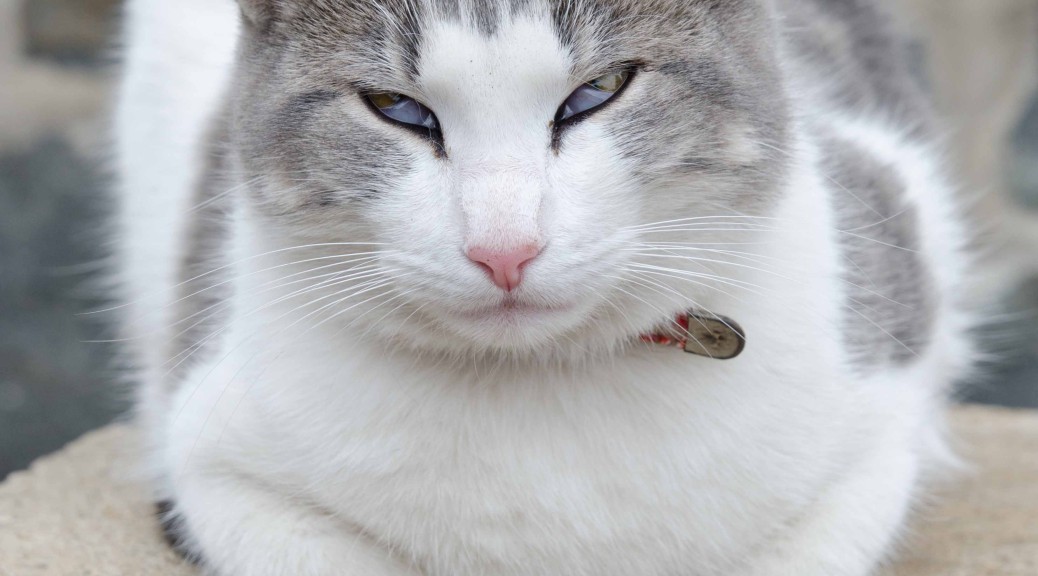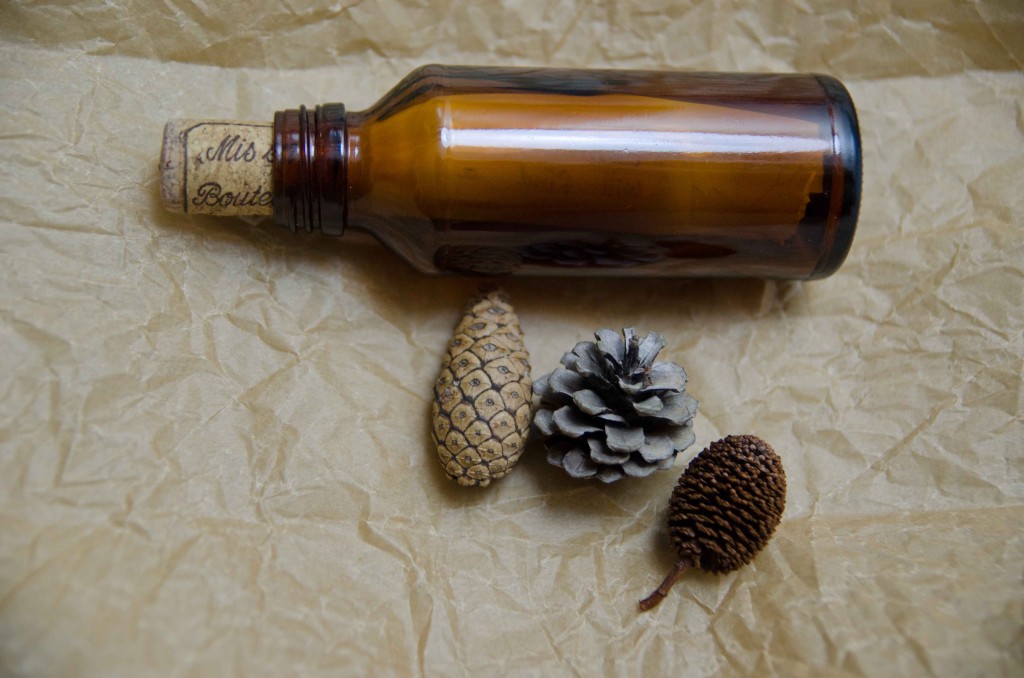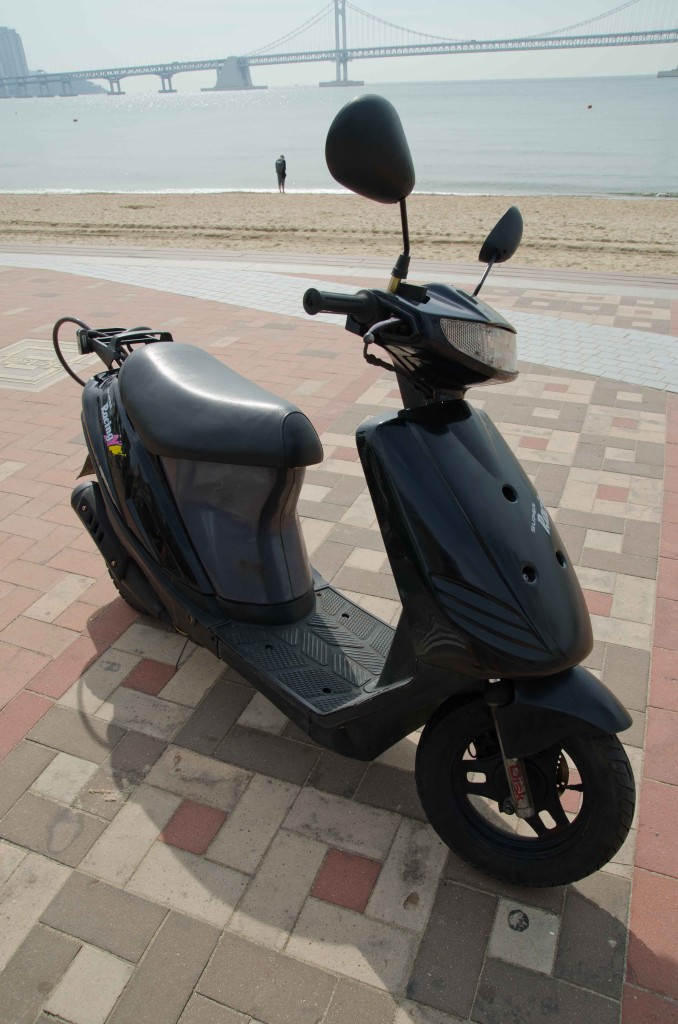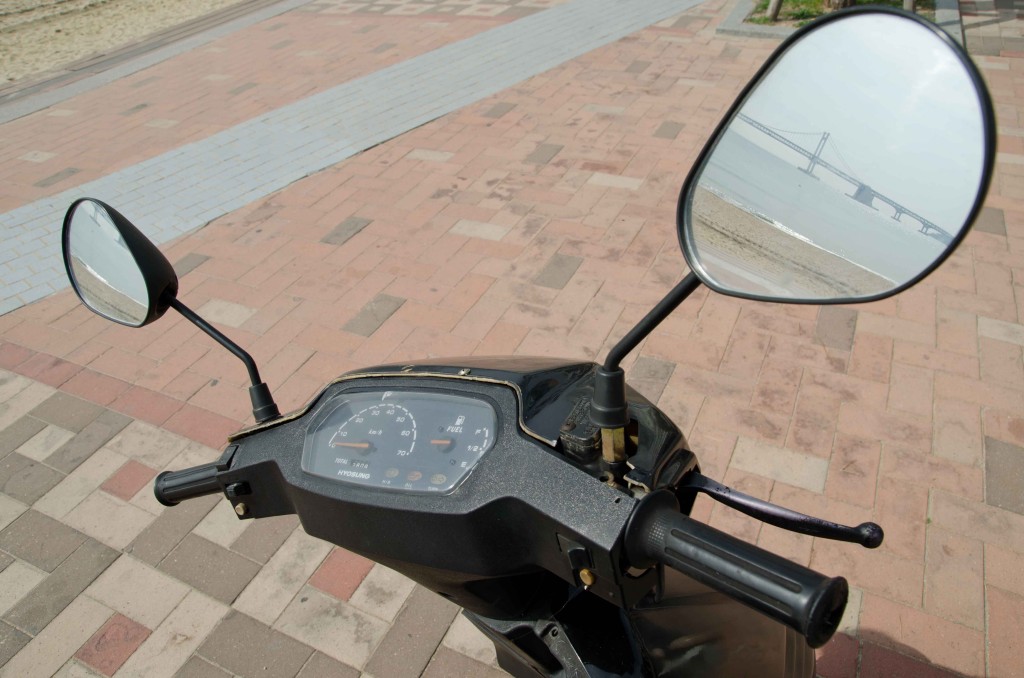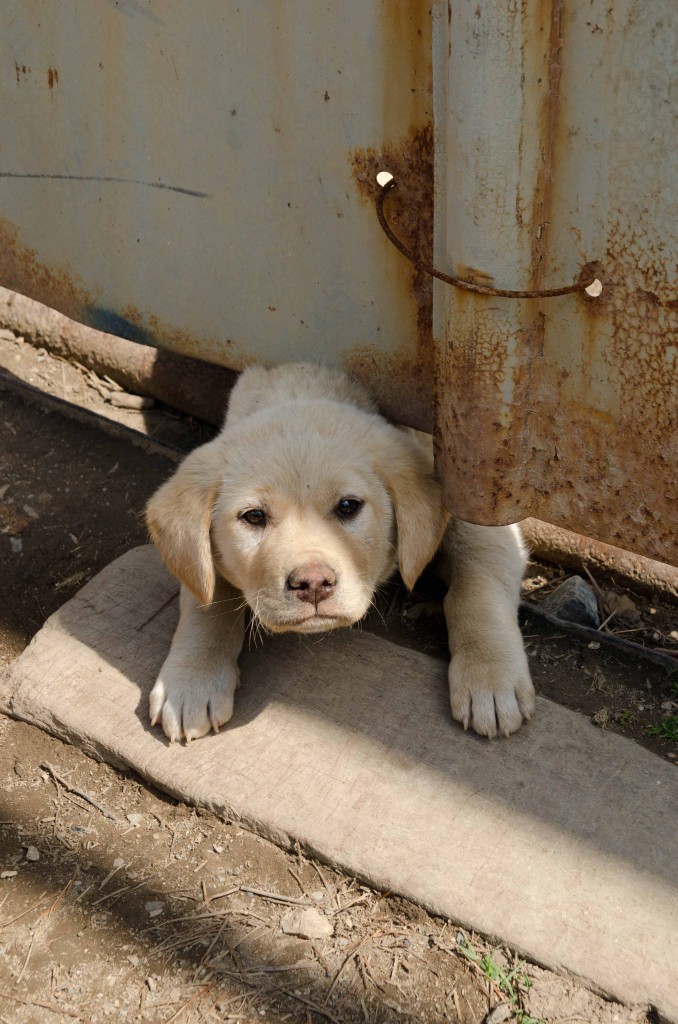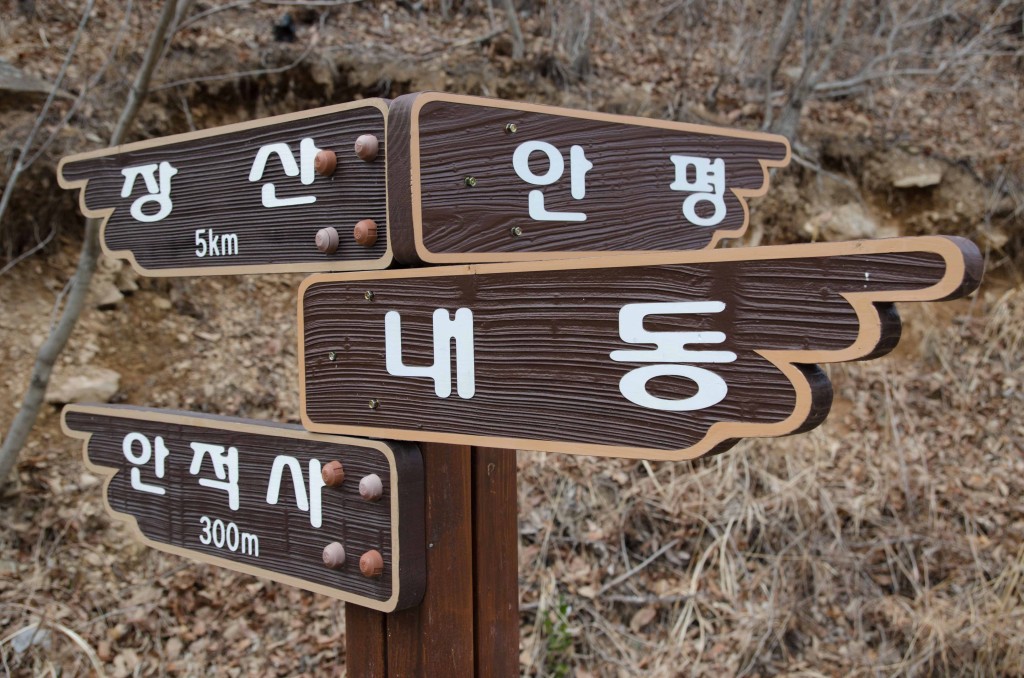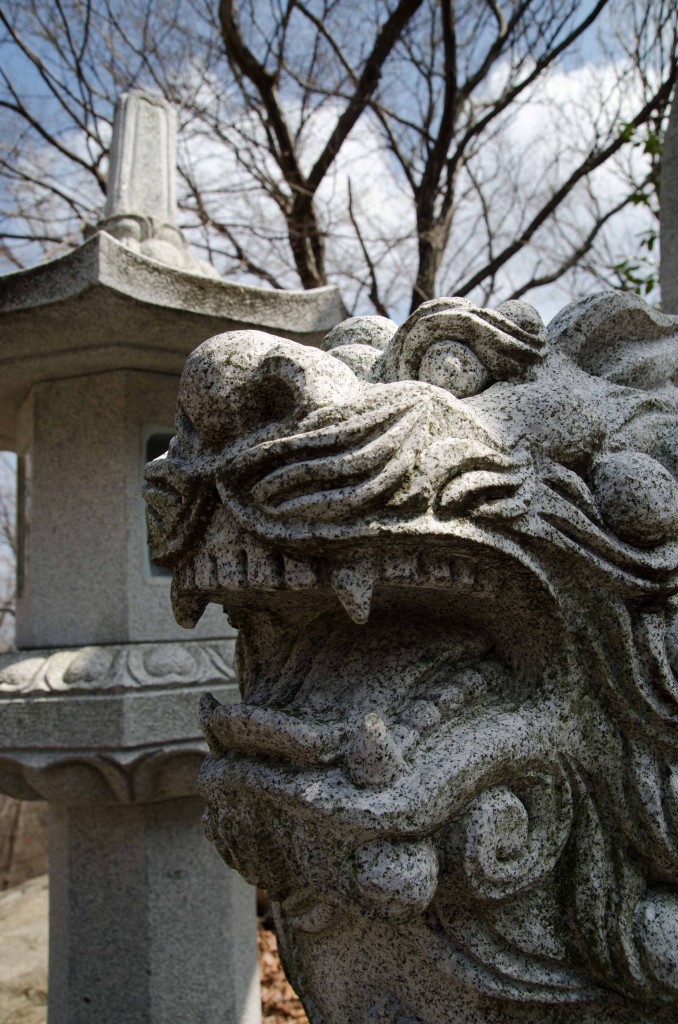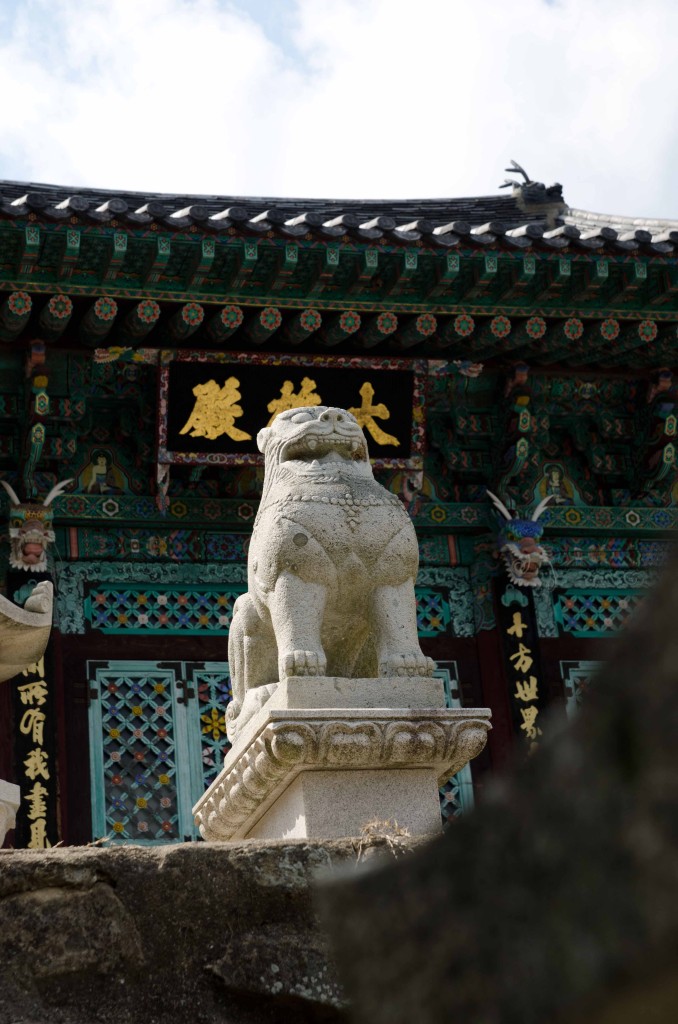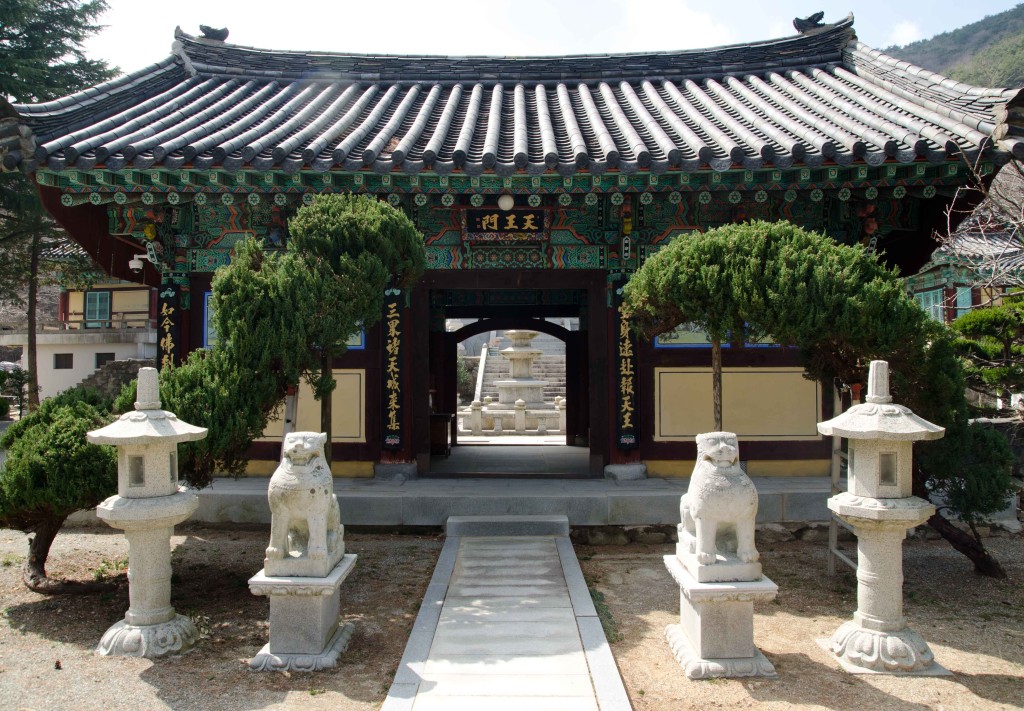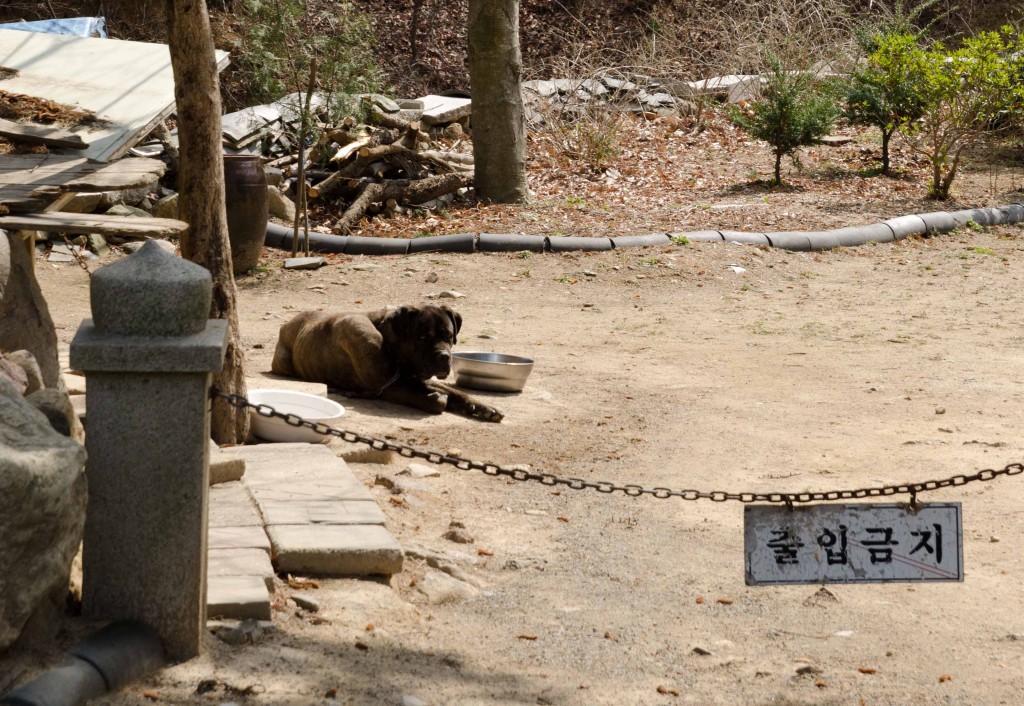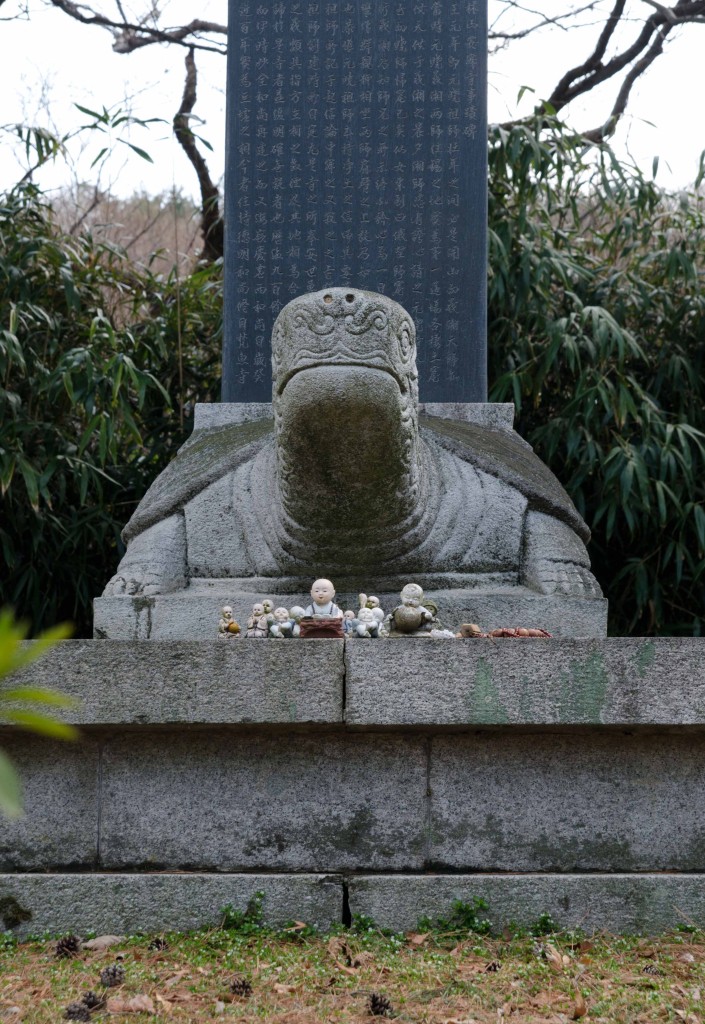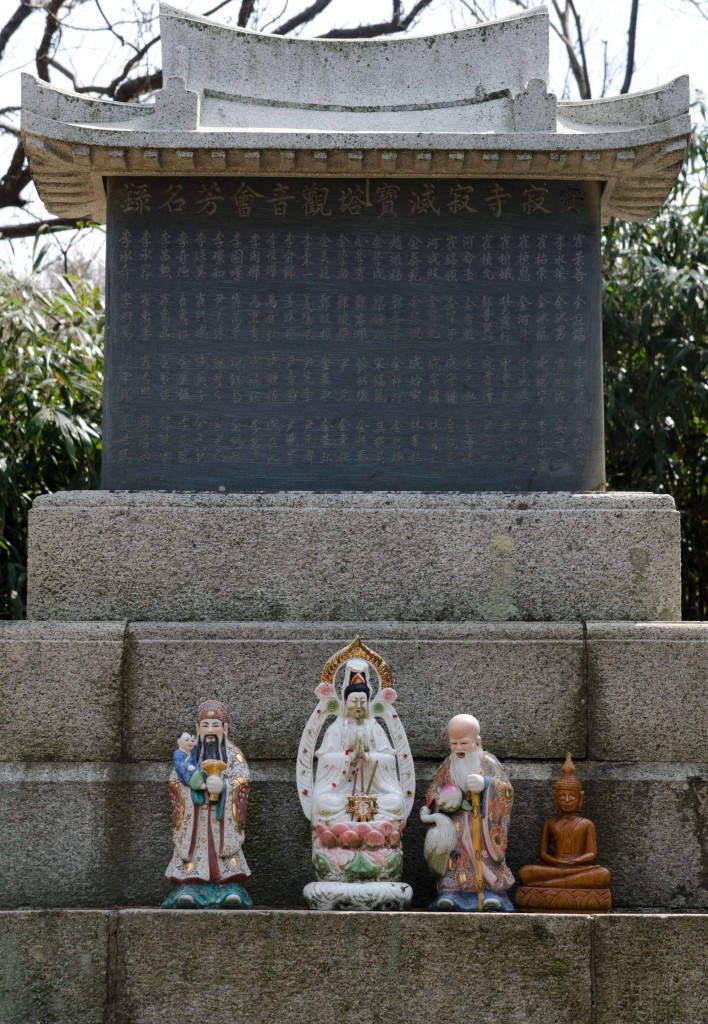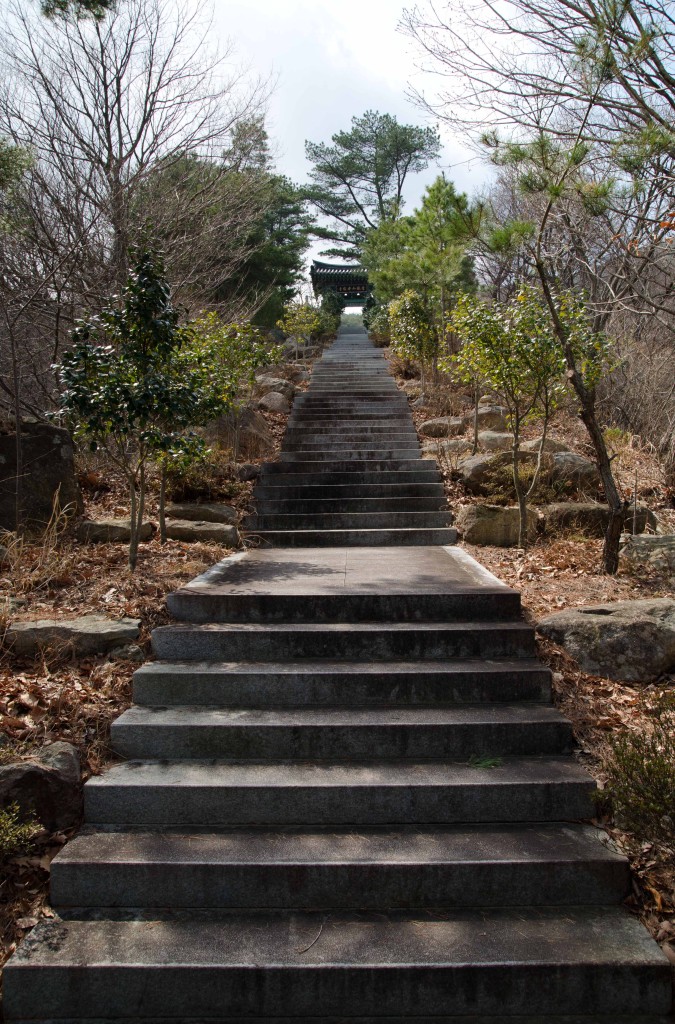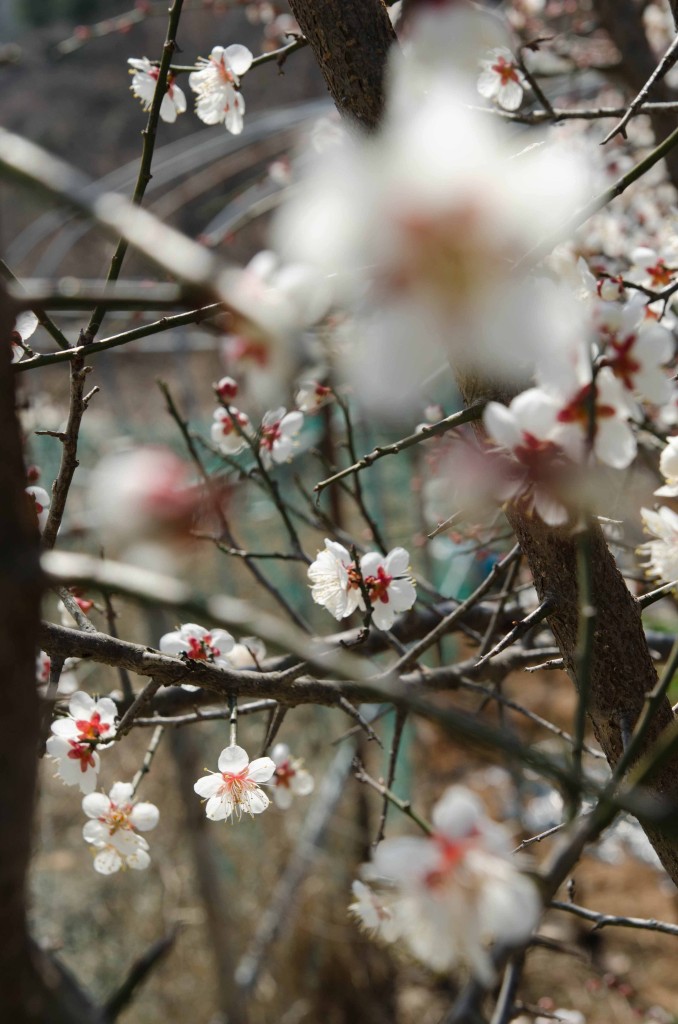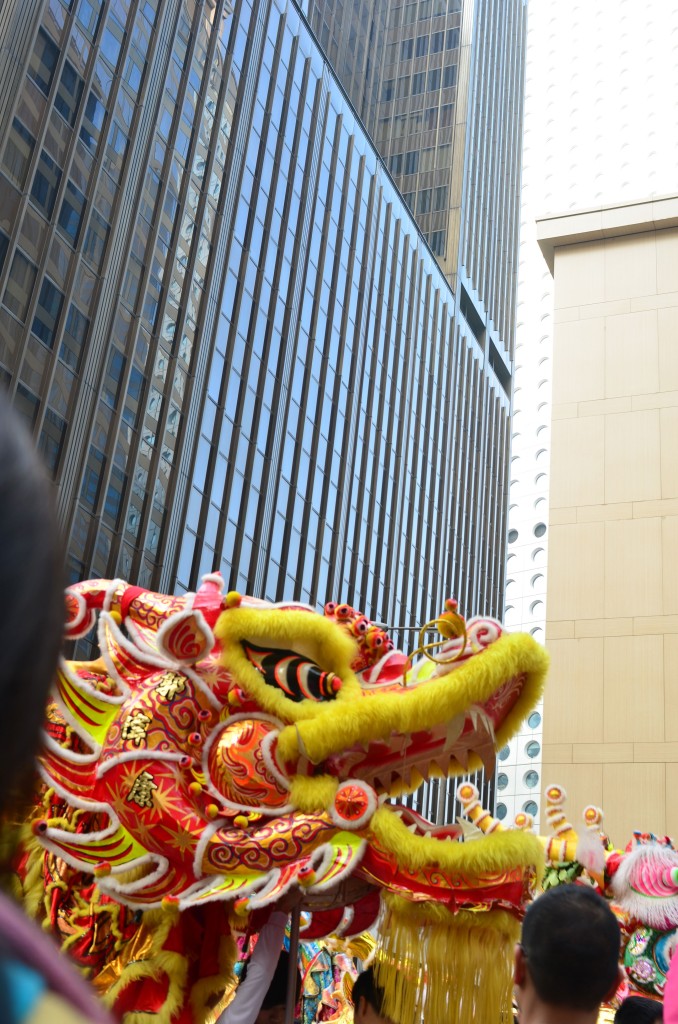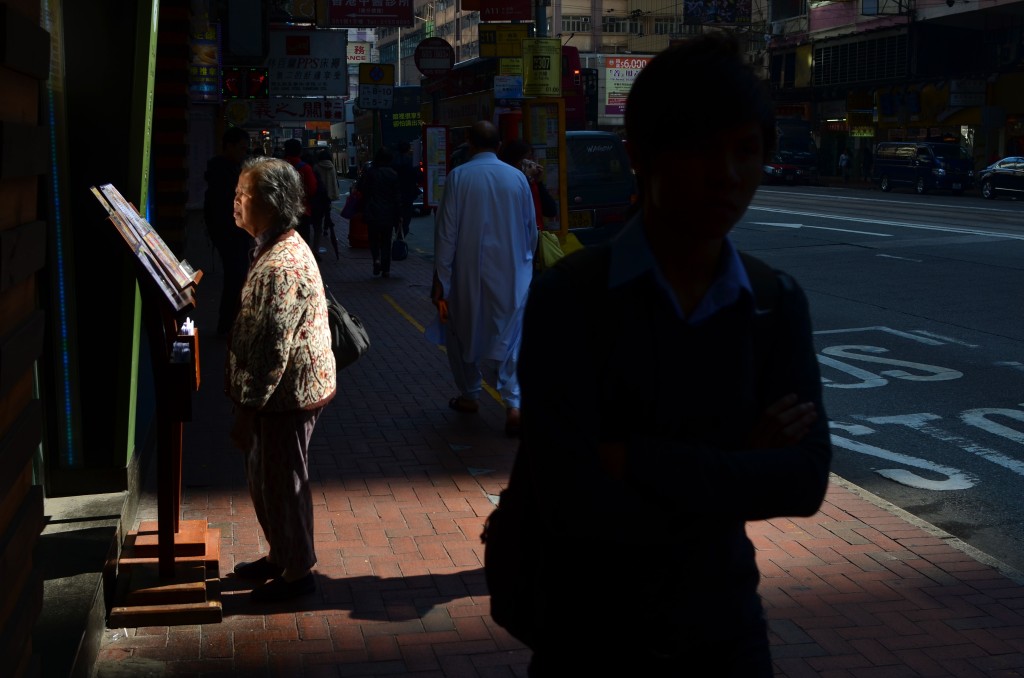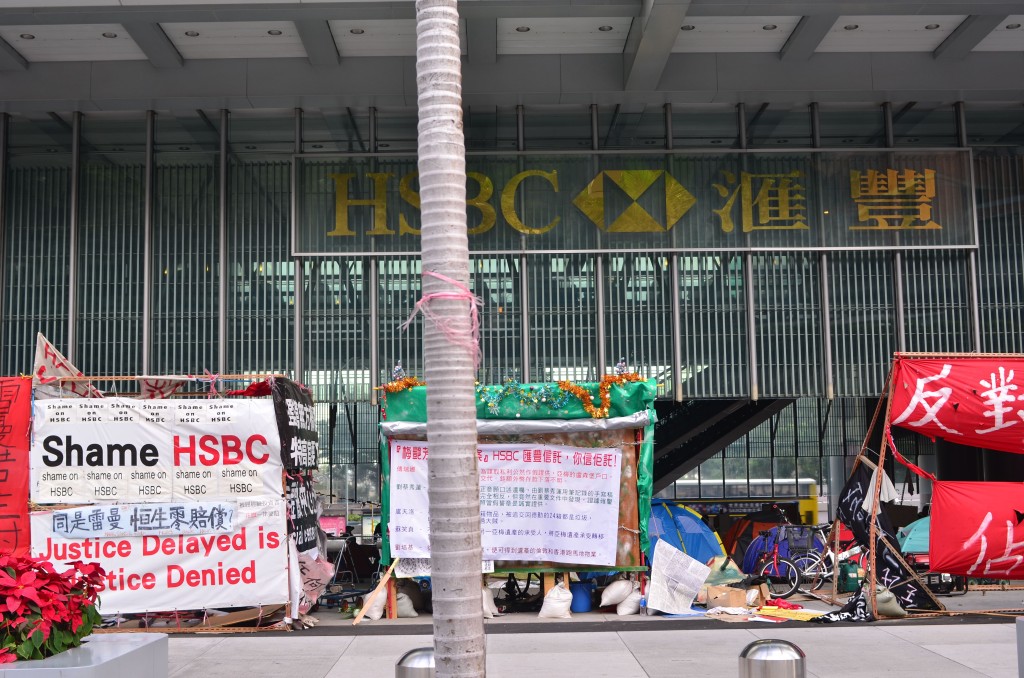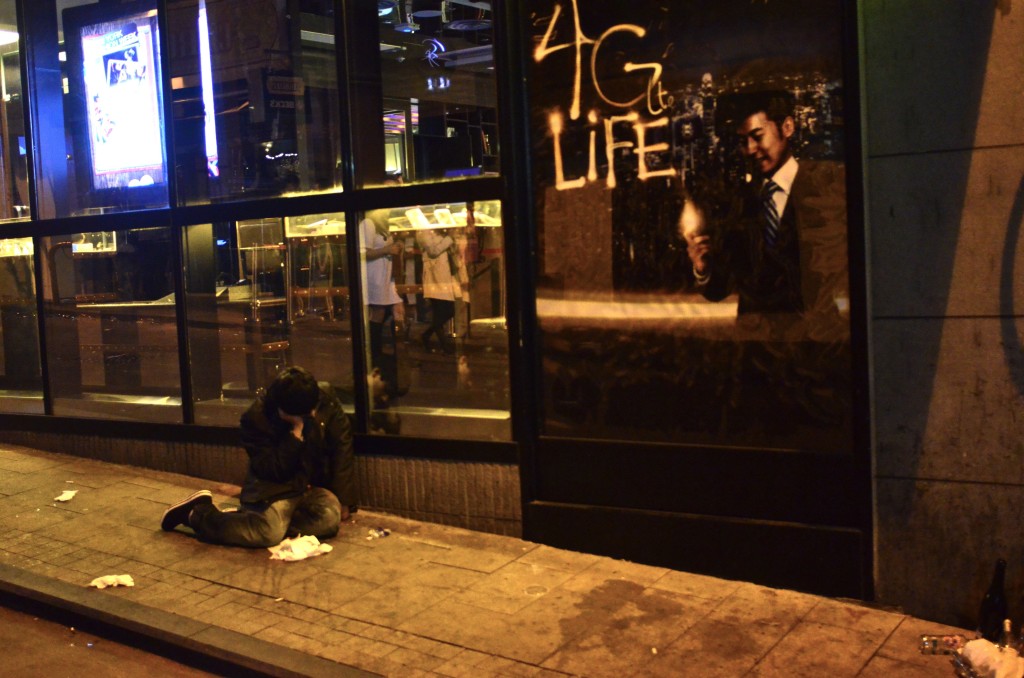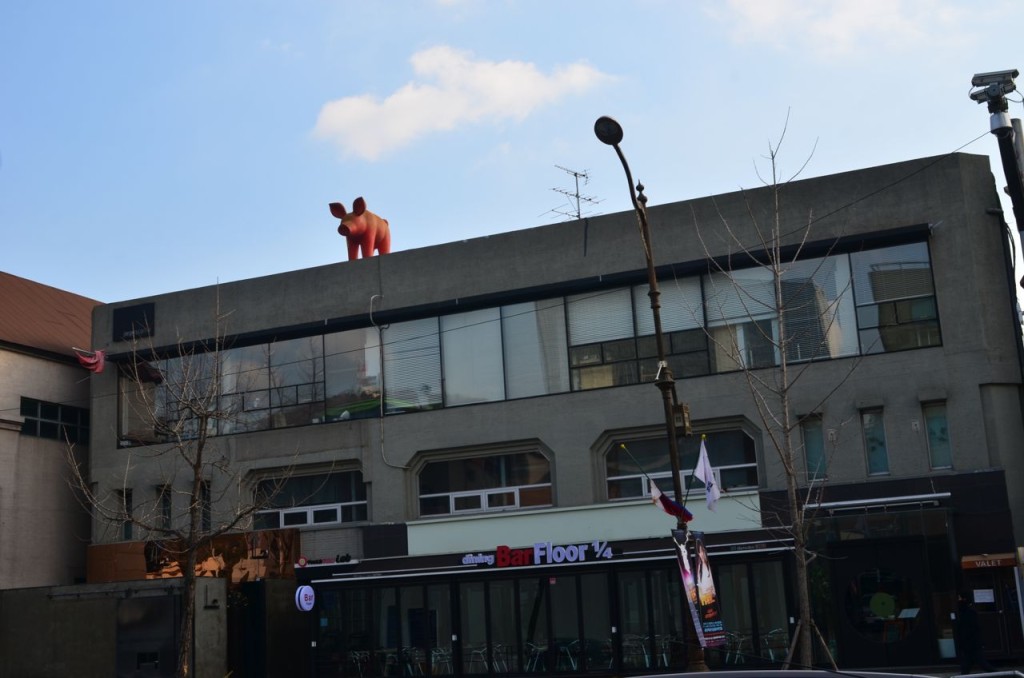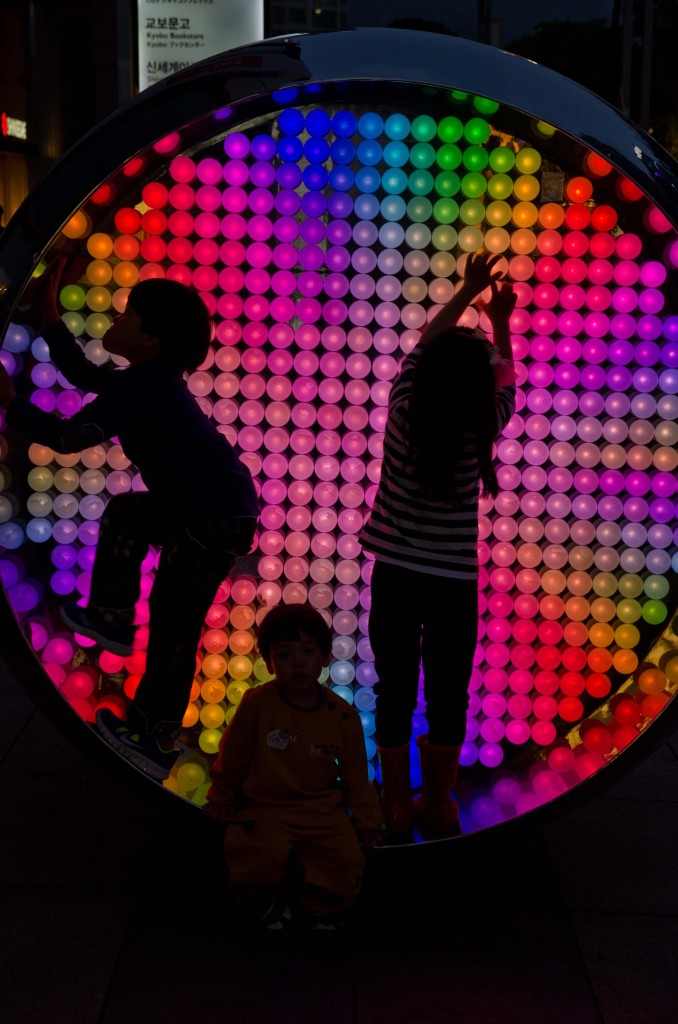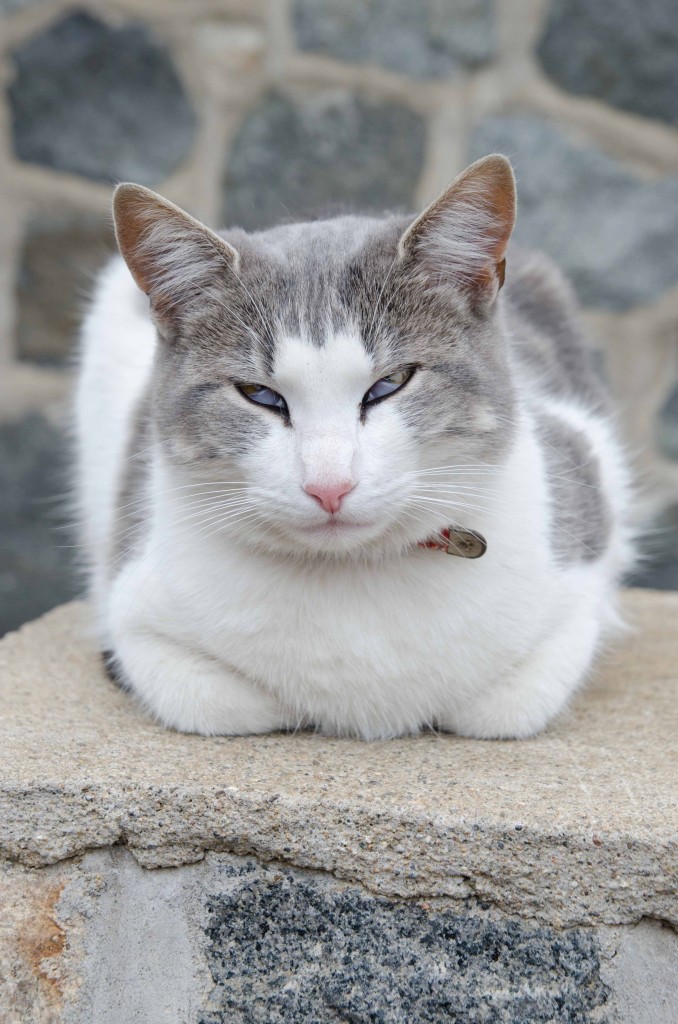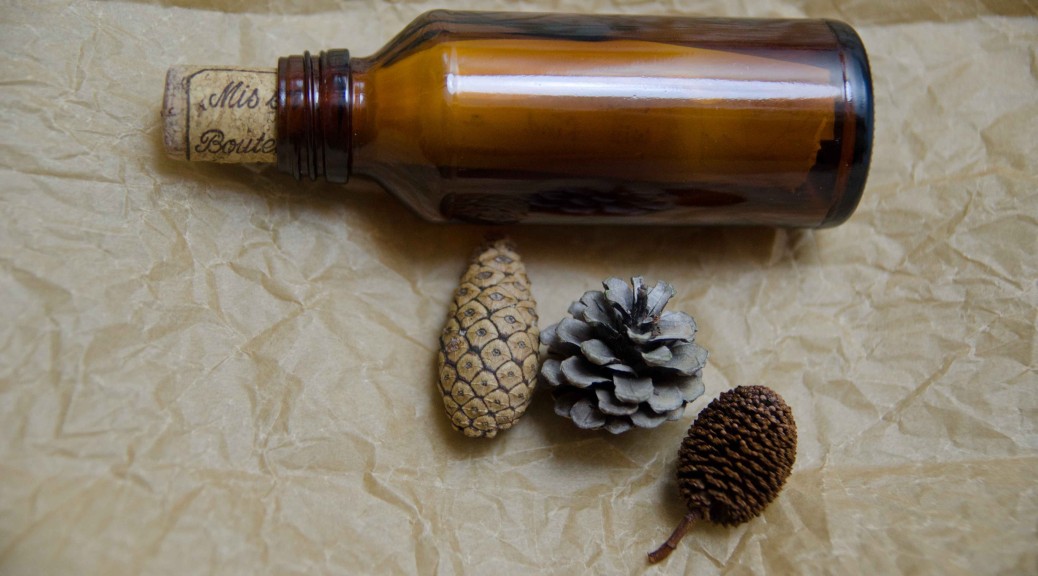
Monthly Archives: April 2015

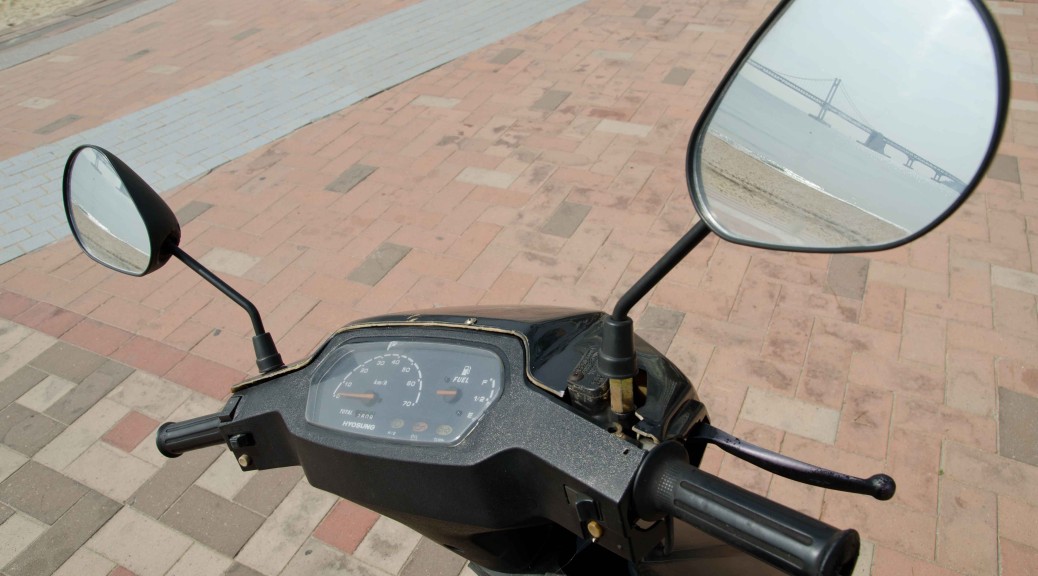
la mosca 50cc
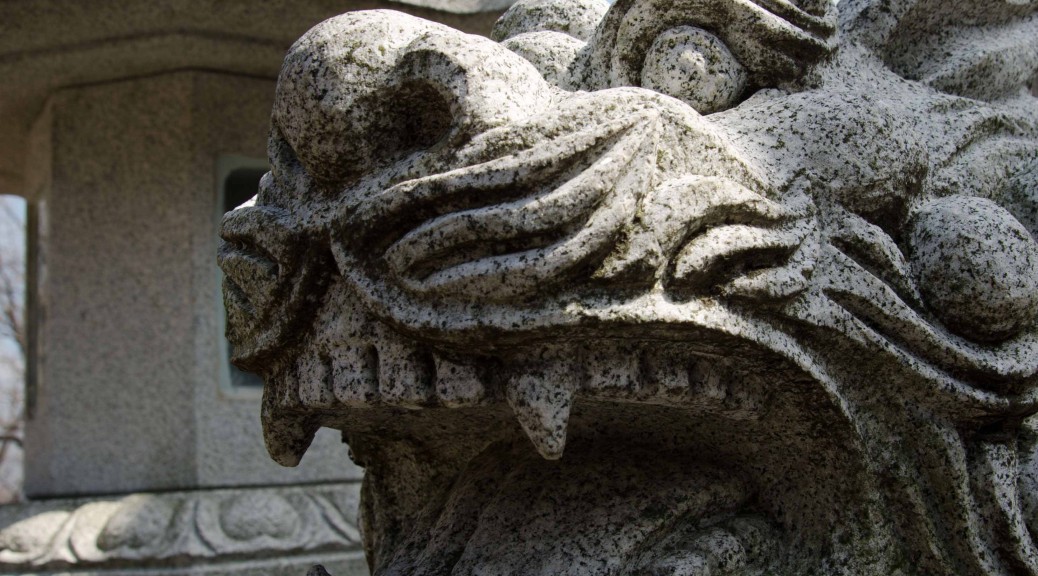
from anpyeong over jangsan to dalmaji
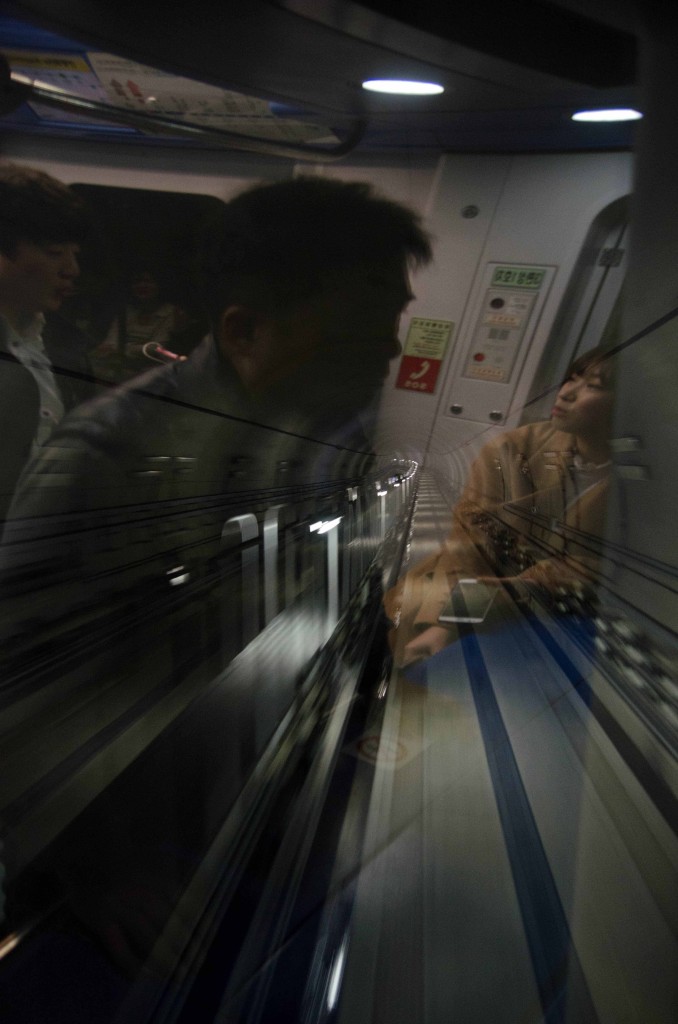
traveled to anpyeong in northeastern busan on an automated train.
countryside. greeted by puppies.
road to jangsan.
old mound graves of ancient koreans hidden under crusty leaves.
found a temple and its guardians in the wilderness. 안적사.
counted the steps. they were not 108.
found the croissant-shaped egg sacs of the korean salamander
and the spring batch of other amphibians.
saw men and women foraging for spring snacks in the short grass. 쑥 mugwort.
saw the boulder fields of jangsan and the towers of dalmaji.
march 2014
shots
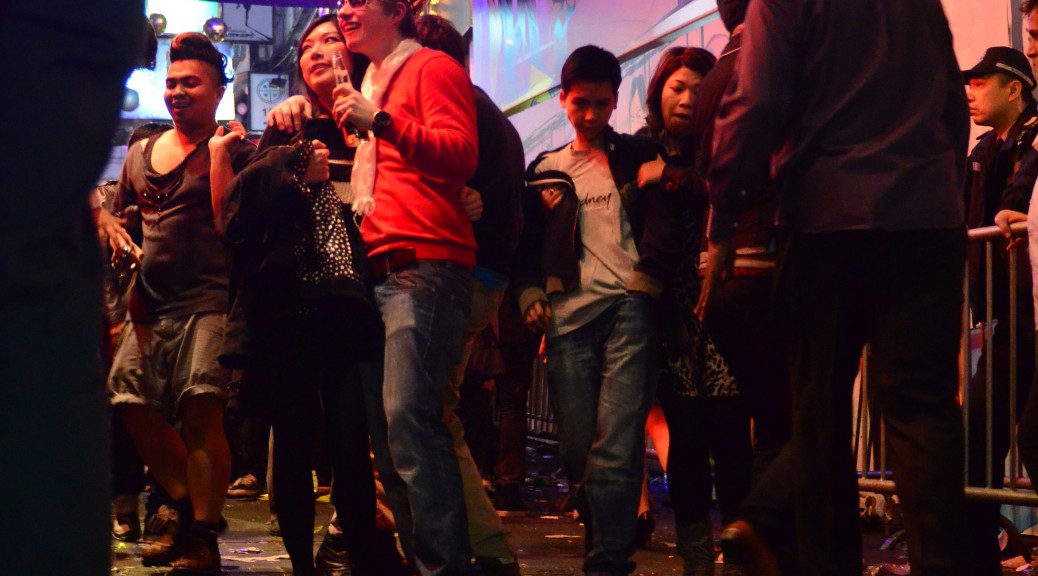
hong kong, dragons, lan kwai fong, occupy, and the new year.
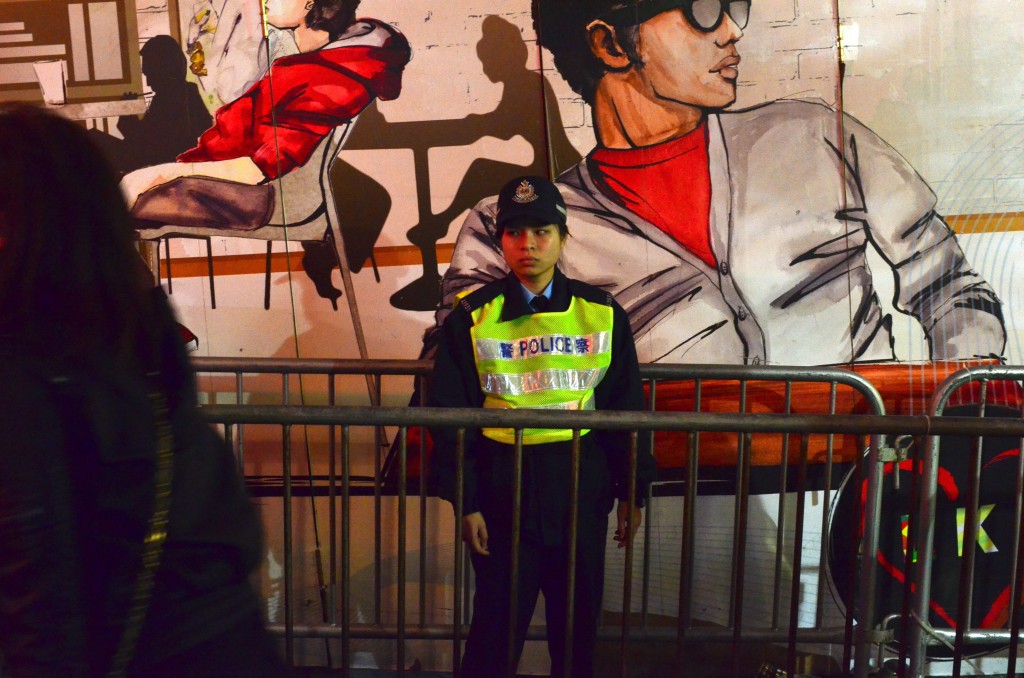
barricades and police surround the lan kwai fong area. a stampede in 1993 killed 20 people and forced the government to restrict crowds during new year celebrations.
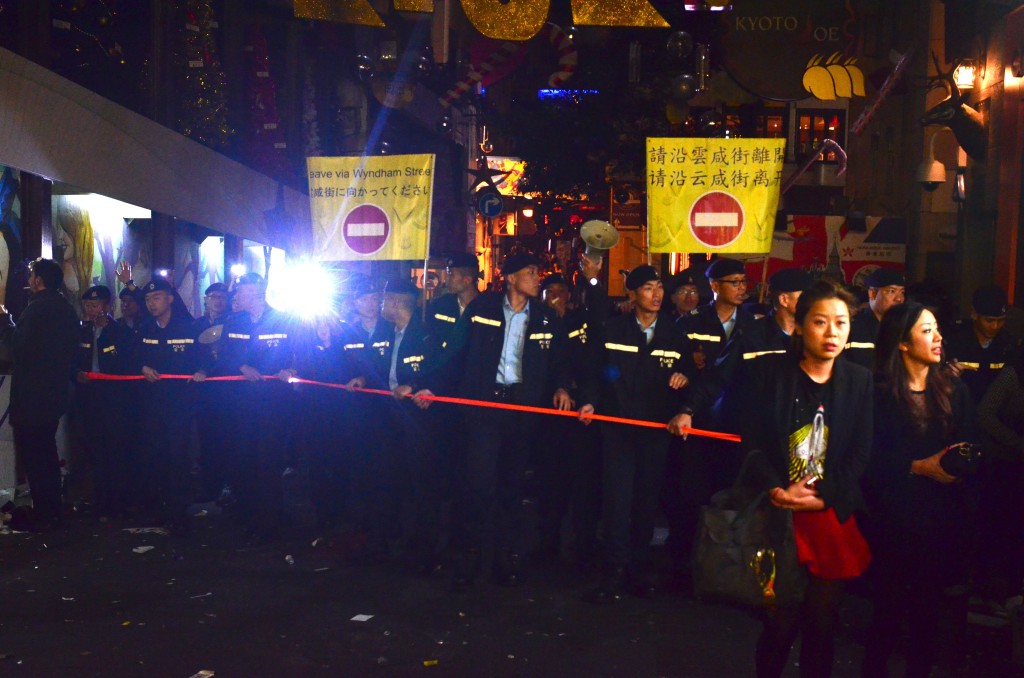
in the early hours of the new year a line of police officers sweeps the streets of loiterers, revelers and drunks.
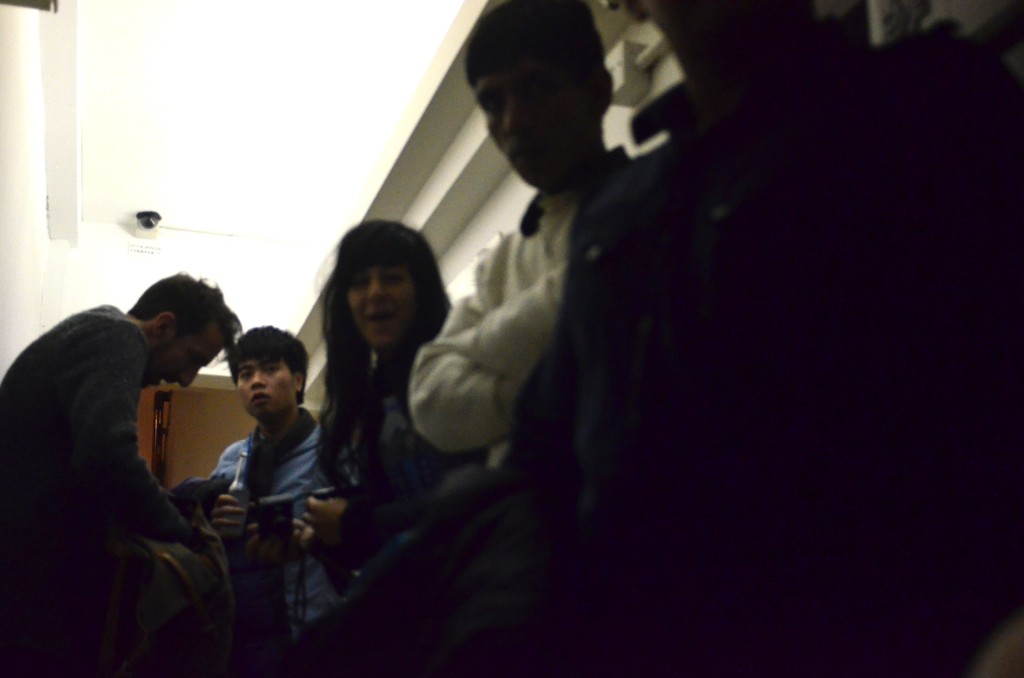
some of us hid in the entrances of residential buildings while the police cleared those left on the street.
“The word for “eight” (八 Pinyin: bā) sounds similar to the word which means “prosper” or “wealth” (發 – often paired with “發財” during Chinese New Years, but is used alone or paired with numerous other “compound words” that have a meaning of luck or success, Pinyin: fā). In regional dialects the words for “eight” and “fortune” are also similar, e.g., Cantonese “baat3” and “faat3”. Note as well, this particular symbol matches the mathematical symbol of infinity. While Chinese does have other words for luck, this full understanding of luck that includes the infinity concept marries into a Chinese understanding of this particular word.
There is also a visual resemblance between two digits, “88”, and 囍, the “shuāng xĭ” (“double joy”), a popular decorative design composed of two stylized characters 喜 (“xĭ” meaning “joy” or “happiness”).
The number 8 is viewed as such an auspicious number that even being assigned a number with several eights is considered very lucky.”
Numbers in Chinese culture. (2015, April 20). In Wikipedia, The Free Encyclopedia. Retrieved 13:19, April 26, 2015, from http://en.wikipedia.org/w/index.php?title=Numbers_in_Chinese_culture&oldid=657261768
december 2011/january 2012

pig
copacabana
steadycam operator.
the indianapolis speech
quint’s indianapolis monologue. robert shaw.
set of jaws

USS Indianapolis (CA-35) at Pearl Harbor, circa 1937 | via wikipedia
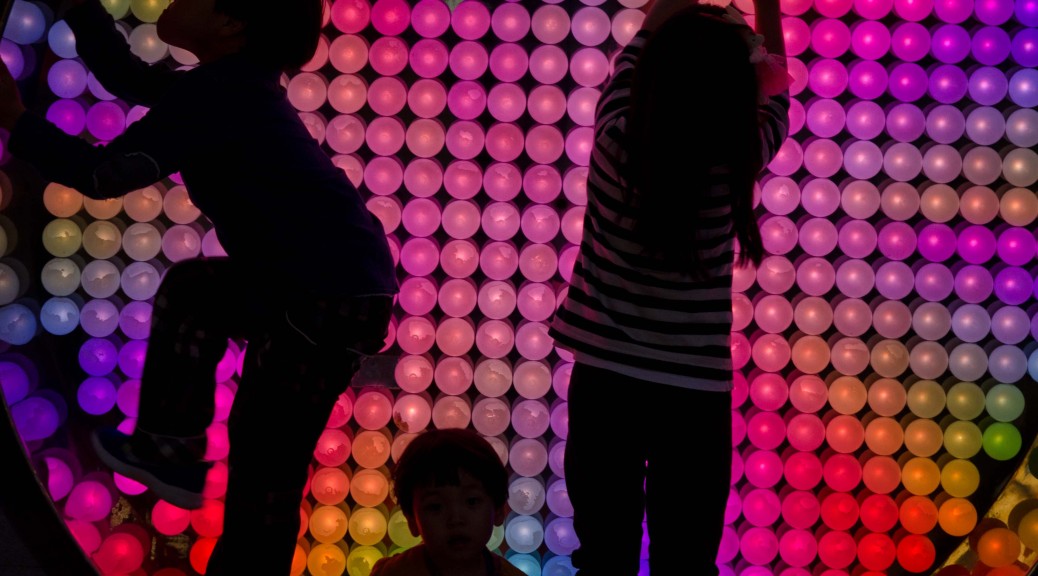
may 11 2013
